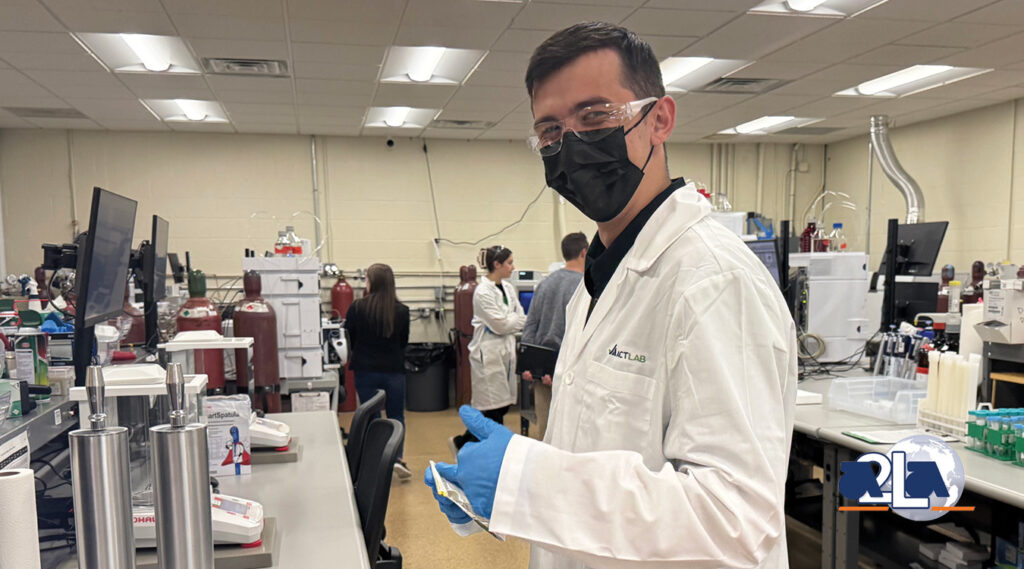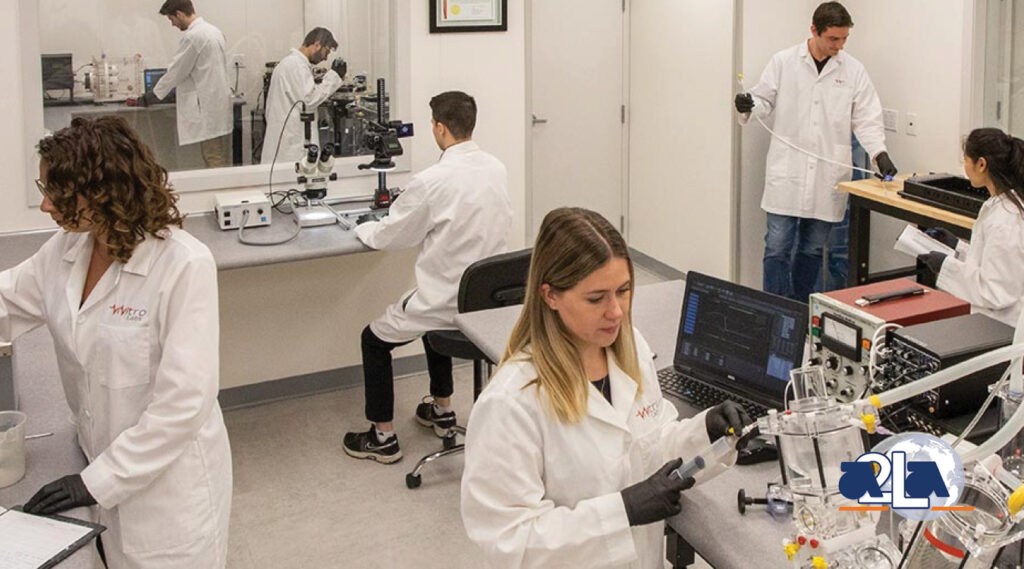ACT LAB is one of the largest multi-state cannabis and hemp testing laboratories in the United States and provides services for licensed cultivators and processors. They are currently licensed in six states, including Illinois, Michigan, New York, Ohio, Pennsylvania, and Florida, with plans to
Keeping Consumers Safe Through CPSC Accreditation Requirements
Accreditation is the process in which organizations are formally recognized based on their compliance to international standards, such as ISO/IEC 17025. Accreditation from an established accrediting body, such as A2LA, ensures an organization’s competency and promotes high quality service and
5 Scope Expansion FAQs
There are many reasons an organization would choose to undergo a scope expansion. Perhaps your organization has updated a method with new technology or equipment, or your customers are asking for a service you already provide to be accredited. Maybe industry regulators have updated their
Audit Readiness: Steps to Prepare Your Organization for A2LA Assessments
It’s a daunting feeling leading-up to an assessment, and there are many questions that may cross your mind. “Are we ready for the audit?” “I wonder how we are going to do.” “What if I forgot something?” As many QA professionals will tell you, the question of audit readiness is a bit of a
Accreditation Case Study: ViVitro Labs
Imagine you’re the president of a testing organization with two separate labs. Each lab has its own quality management system (QMS), is accredited by different accrediting bodies (ABs) in two different languages, and there’s a nine-hour time difference between them. Operating these labs separately,
The Value of Accreditation
Accreditation is an attestation of a conformity assessment body’s (CAB) competence to perform conformity assessment activities based on a defined scope by an accreditation body, such as A2LA. It demonstrates competence, impartiality, and capabilities of CABs, thereby delivering confidence in goods
Building a Quality Culture at the Laboratory
Quality culture is built on the foundations of trust, active participation, and effective communication, where the achievement of quality objectives is cultivated through the involvement of employees. Culture is a learned behavior that is developed through interactions with other individuals within
Root Cause Analysis Methods
Determining the root cause of a nonconformity is commonly referred to as root cause analysis (RCA). A root cause analysis is an important tool for continuous improvement and can be both the most challenging and the most essential part of the corrective action process. The purpose of a root








